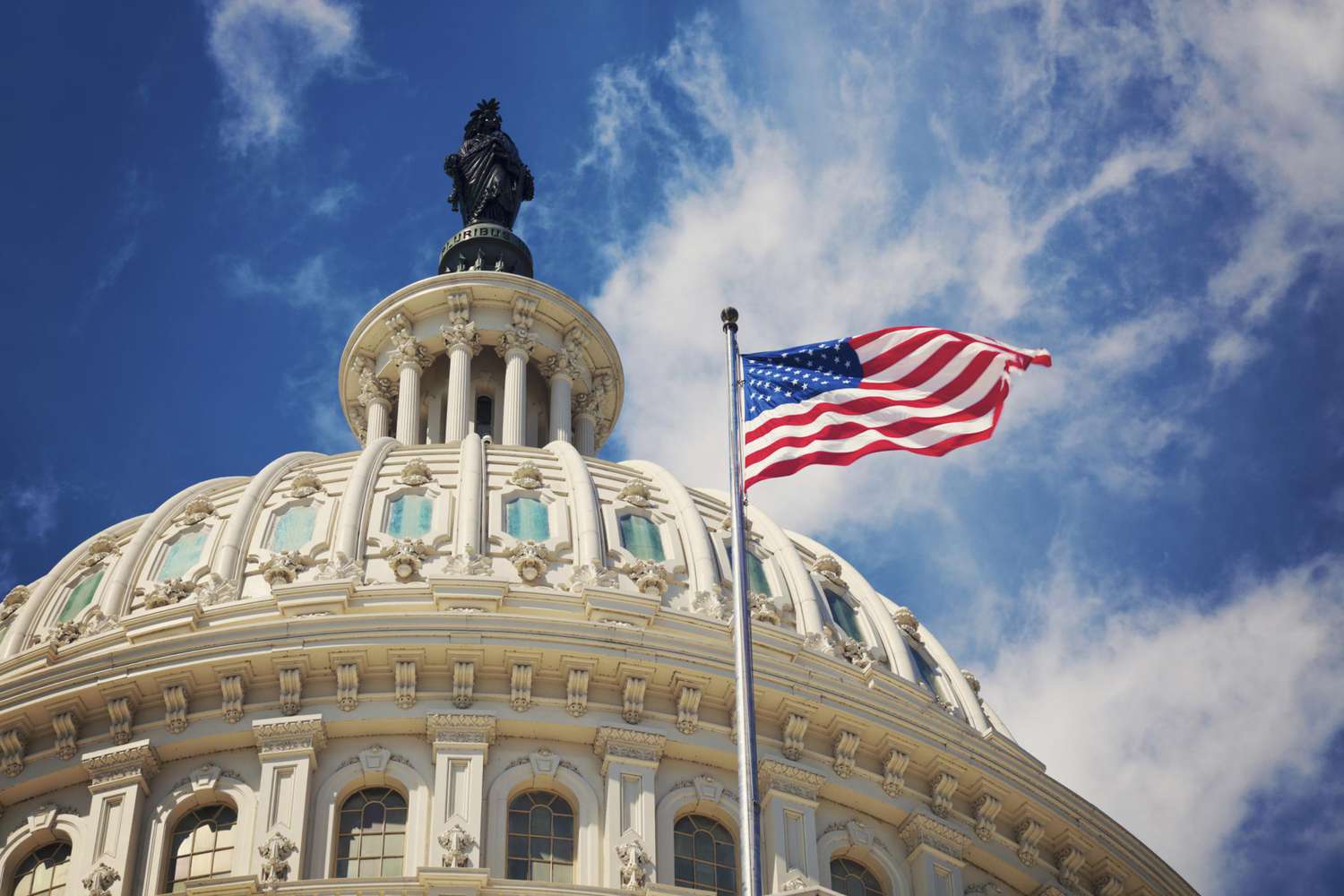The United States House of Representatives has implemented a set of rules that prohibit the use of artificial intelligence (AI) large language models by its members, with the exception of OpenAI’s ChatGPT Plus service.
The decision was made to enhance security within the House offices, as stated in a notice issued by Catherine Szpindor, the chief administrative officer of the House.
The notice specifically authorized the use of the ChatGPT Plus version, highlighting its incorporation of crucial privacy features necessary for safeguarding House data.
No other versions of ChatGPT or similar large language models are currently permitted for use in the House. Furthermore, the usage of ChatGPT by House members is limited solely to research and evaluation purposes, and it is not to be integrated into their regular workflow.
The provisions outlined in the document also impose restrictions on sharing sensitive data as prompts, and require the utilization of ChatGPT Plus with all privacy settings enabled.
Although the memo refers to privacy features, the exact nature of these features is not explicitly mentioned by OpenAI, the developer of ChatGPT.
OpenAI has not specified any privacy-related advantages exclusive to the Plus service.
According to OpenAI, the ChatGPT Plus service grants users general access to the model during peak times, quicker query responses, and priority access to new features.
However, there is no mention of additional privacy features provided by ChatGPT Plus.
In April, OpenAI introduced the option for users of both ChatGPT and ChatGPT Plus to delete their chat history and accounts.
It should be noted, though, that information removed through this process remains on the ChatGPT servers for an additional 30 days.
OpenAI has announced plans to launch a business subscription service for ChatGPT, aiming to include additional data control features.
However, specific details regarding how this service will differ from ChatGPT Plus have not been disclosed.
The newly adopted House rules are applicable solely to House members. However, Representatives Ted Lieu, Ken Buck, and Anna Eshoo have jointly introduced a bipartisan bill that proposes the establishment of a federal artificial intelligence commission.
This commission would be responsible for regulating the AI industry as a whole within the United States, indicating a growing focus on oversight and governance in the field of AI.
Other Stories:
Bitcoin ETF Fever Returns: ProShares’ BITO Sees Largest Inflow in a Year
FATF Urges Global Adoption of Crypto ‘Travel Rule’ Amid Rising Financial Crime Risks
Hong Kong SFC Chief Emphasizes Importance of Crypto Trading




